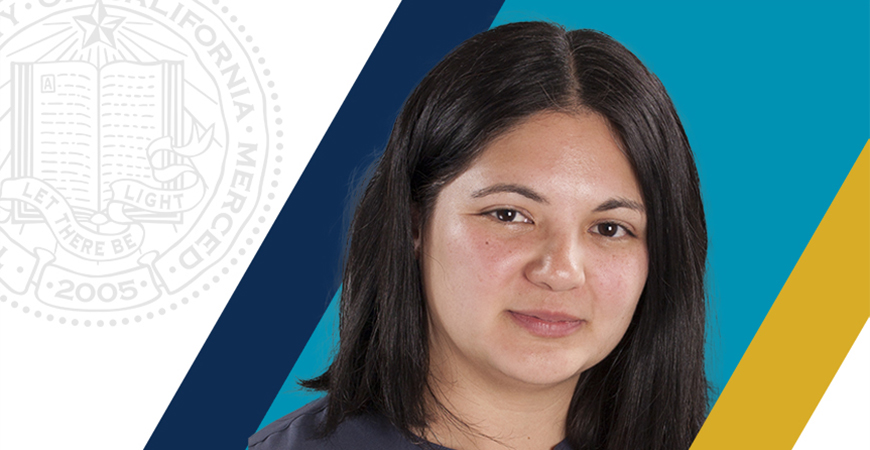
UC Merced Professor Clarissa J. Nobile has been named a 2022 Innovation Fund investigator by The Pew Charitable Trusts.
Nobile and University of Missouri Professor David G. Mendoza-Cózatl have formed one of six interdisciplinary teams chosen for the prestigious award.
The duo is combining expertise from Nobile’s research in microbial communities and Mendoza-Cózatl’s work in plant biology to study how plants and microbes interact in the context of iron uptake and utilization.
“Iron deficiency affects about 30% of the world's population and is one of the most prevalent nutritional deficiencies in the world. I think understanding whether microbes play an active role in the plant’s response to iron deficiency could improve the way we understand crops and modify crops to have better iron uptake,” Nobile said.
They will use genetic lines of Arabidopsis thaliana (a small flowering plant native to Eurasia and Africa) developed in the Mendoza-Cózatl lab to examine how the presence of known microbial communities alter the response to iron deprivation. They will also determine how the composition of microbes present in the leaves and roots of plants shift by varying levels of iron.
A greater understanding of this relationship could lead to solutions for addressing nutritional iron deficiency through the development of iron fortified crops.
For more than 35 years, Pew has encouraged collaboration among its diverse community of biomedical scientists, culminating in the launch of the Innovation Fund in 2017. The fund's award criteria were developed to promote synergy among Pew Biomedical Scholar alumni, motivating them to collaborate on new proposals. All alumni holding assistant professor positions or higher are eligible to apply for the award, which is supported by the Kathryn W. Davis Peace by Pieces Fund.
Nobile was named a Pew Biomedical Scholar in 2015, the first for UC Merced, for her work on investigating microbial interactions and how they affect human health.
For the Pew Innovation Award, Nobile’s research will use synthetic microbial communities to understand how microbial composition affects iron uptake and utilization.
“It’s exciting to be funded on this high-risk/high-reward type of proposal that has the potential to improve our understanding of how microbes cause disease states in their hosts. This area of synthetic microbiomes is understudied; every day we're figuring out new ways that different species interact together,” she said. “My work is usually focused on infectious diseases; this project will expand my field of research into agriculture, which is exciting being here at UC Merced in the hub of agriculture.”
It’s exciting to be funded on this high-risk/high-reward type of proposal that has the potential to improve our understanding of how microbes cause disease states in their hosts.




